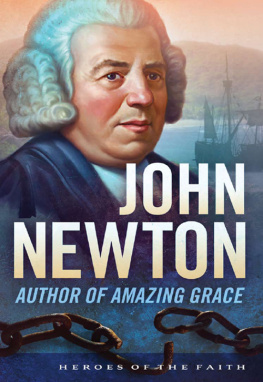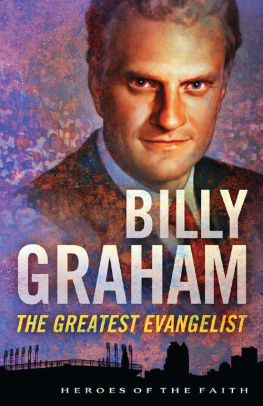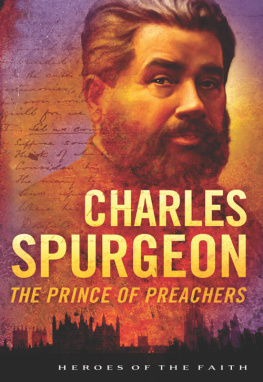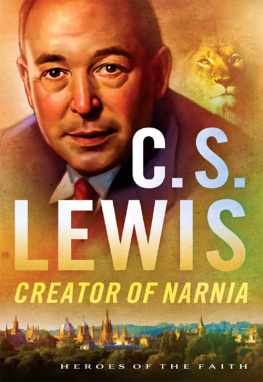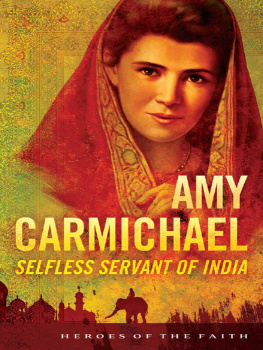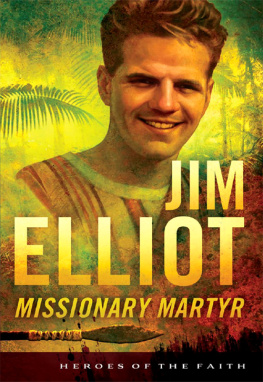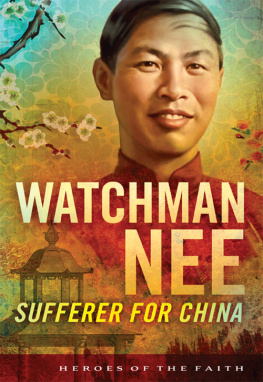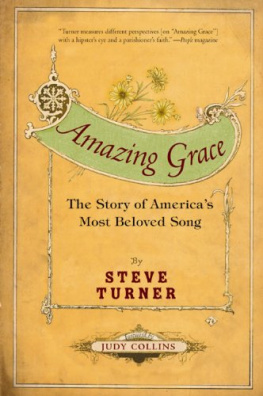
1996 by Barbour Publishing, Inc.
Print ISBN 978-1-62416-126-1
eBook Editions:
Adobe Digital Edition (.epub) 978-1-62416-429-3
Kindle and MobiPocket Edition (.prc) 978-1-62416-428-6
All rights reserved. No part of this publication may be reproduced or transmitted for commercial purposes, except for brief quotations in printed reviews, without written permission of the publisher.
Churches and other noncommercial interests may reproduce portions of this book without the express written permission of Barbour Publishing, provided that the text does not exceed 500 words and that the text is not material quoted from another publisher. When reproducing text from this book, include the following credit line: From John Newton, published by Barbour Publishing, Inc. Used by permission.
All scripture quotations, unless otherwise noted, are taken from the King James Version of the Bible.
Cover illustration: Greg Copeland
Cover design: Kirk DouPonce
Published by Barbour Publishing, Inc., P.O. Box 719, Uhrichsville, Ohio 44683, www.barbourbooks.com
Our mission is to publish and distribute inspirational products offering exceptional value and biblical encouragement to the masses.

Printed in the United States of America.
PREFACE
For over two hundred years the song Amazing Grace by John Newton has been sung and loved by Christians worldwide. It is included in hymnals of most traditional and evangelical churches. Almost everyone knows the first verse by memory:
Amazing grace, how sweet the sound,
That saved a wretch like me.
I once was lost but now am found,
Was blind, but now I see.
But not everyone knows that when Newton wrote that song he was not being merely poetic, but truthful and grateful. Few who sing those words know how much of a wretch he really had beenhow sinful, how blasphemous, how licentious and rebellious against God and man.
Nor do many know of his great love for a woman which sustained him through his terrible punishment as a deserter from the British navy; through his humiliations while engaged in the slave trade; through being shipwrecked. These were some of the many dangers, toils and snares through which he had already come.
Eventually this sinful atheist became a famous minister, writer, and hymn writer.
THIS SINFUL ATHEIST BECAME A FAMOUS MINISTER AND HYMN WRITER.
In the early days of his walk with God, he was influenced by the great Wesleyan and Whitefield revivals. Also, because of his experiences in the slave trade, he was one of the early supporters of the abolition of slavery in England.
Since Newton lived over two centuries ago, I have had to imagine details of his actions, thoughts and events. However, the imaginative part is not merely fanciful but an attempt to visualize just how and what happened, keeping true to facts known and recorded, which included real names of people, places, and ships.
The factual material in this book was obtained from the biography of John Newton written by Bernard Martin of England. Mr. Martin had access to Newtons letters, diaries, slave-trading journal, etc. I have used this biography as source for the facts, dates, names of people, places, and ships. I consider this book to be completely authentic.
I have also used material from An Authentic Narrative, an autobiography by Newton, written in 1764. Since this volume is quite brief and incomplete, I believe my account of his life will give a fuller knowledge and appreciation of this man who, because of Gods amazing grace to him, became a well-known man of God in his day.
A NNE S ANDBERG
1
HOW FAR TO MAIDSTONE?
Early on a December morning in 1742, young John Newton began his long hike out of Londonhis lean, sea-bronzed face betraying lack of enthusiasm. Always have to do what the old gentleman says, he grumbled. Ill be glad when Im back at sea, away from his nagging.
Morosely, he strode through the narrow cobblestone streets, head down, mind churning with rebellion against his father. At the outskirts of the city, he found the stables and rented a horse for the trip which, unknown to him, was to shape the rest of his life.
How far to Maidstone? he asked the proprietor, digging into his pocket for the money.
If you take the shortcut through the woods, it will be about fifty kilometers. The man eyed the blue-checked middy blouse, long, wide trousers and flat cap of the youth. Whats a sailor doing on a horse? he quipped. Out to see one of your lady friends before sailing?
Annoyed by the obvious reference to A girl in every port, and offended by his impertinence, Newton replied coldly. Nothing like that. Just an errand for my father.
He paid the fee and leaped onto his horse. The proprietor, hands on hips, watched him disappear in a spray of snow. These young fellows! Nothing but speed, speed. Hell kill that old mare.
John didnt think it necessary to satisfy the curiosity of the man by informing him that after he had finished his fathers business in Maidstone, he was going a few miles north, to the Catlett home in Chatham.
As he bolted through the woods he thought wryly, It would be more exciting if I were going to spend the evening with a luscious young wench instead of an old woman I hardly know.
He slowed his pace while he wrapped his woolen scarf once more around his throat, shivering in the cold and mumbling discontentedly.
WHAT AN IDIOT I AM!
What an idiot I am! Father sends me on an errand to Maidstone and what do I do but tell him, Mrs. Catlett wrote that if I am ever in her vicinity, to stop by.
And what does the old gentleman doinstead of just giving his consent, he practically orders: After you finish the business at Maidstonebefore you return to LondonI want you to visit Mrs. Catlett. Its close by.
Johns face registered a strange blend of distaste and rebellion.
Urging his horse faster, he plunged through the unfamiliar terrain, with regard neither for his old steed nor for himself. Twice the horse tripped over snow-covered stumps, the second time Newtons hat fell off. Cursing, he stopped to retrieve it, shook off the snow and characteristically blamed the nearest objectthe horse. Drat this old mare! That fellow must have rented me the worst nag in the stables. Just like the rest of the old folks; cant trust a young fellow!
He stopped at Maidstone and tended to his fathers business. Then he leaped back onto his horse and began on a gallop toward Chatham. Suddenly he stopped. I dont know about going there, he mused. Im not doing it! She invited me, but I didnt make any promises. As he sat on the horse, irresolute, the beast began to tremble with the cold, so with a shrug, John said, All right, lets go.
ALL IM USED TO IS SAILOR TALK, PLUS LIQUOR, CURSES.
His brow puckered as he galloped along. What will I do at the Catletts place? (Even his experience as a rookie sailor had not cured him of his basic shyness and dread of meeting with new people.) What will I say? I dont have polished manners. Been with roughs too much. All Im used to is sailor talk, plus liquor, curses; women, curses, drunken brawls, curses.What if I accidently let loose a curse word? What if
Well, how do you behave in genteel society?
Pleased to meet you, Mrs. Catlett. How are you? And how are the children? He heard there were five.

